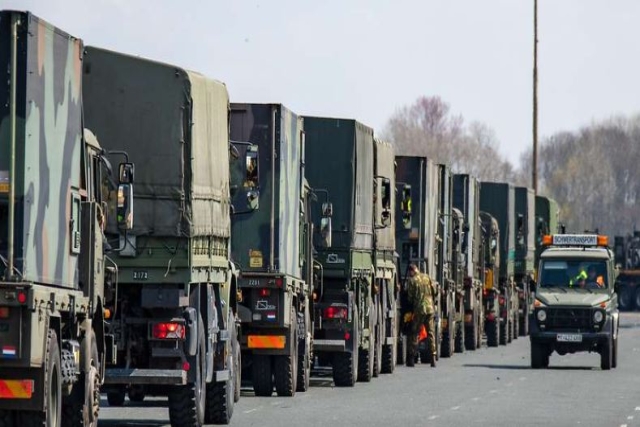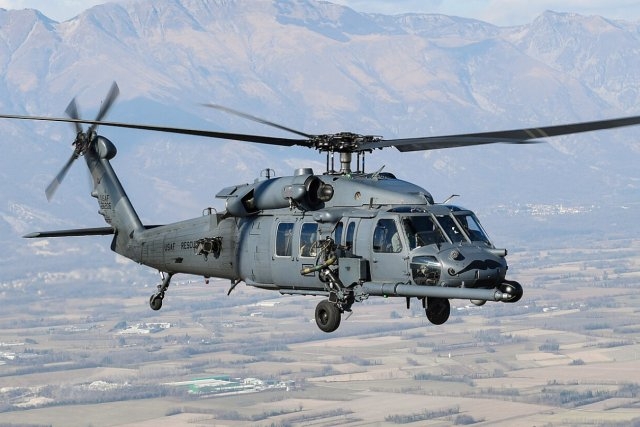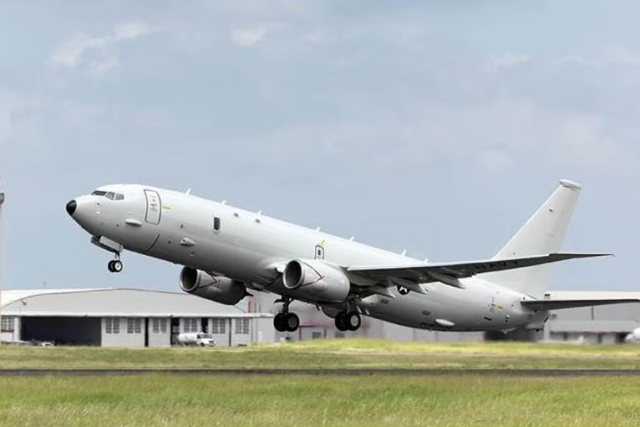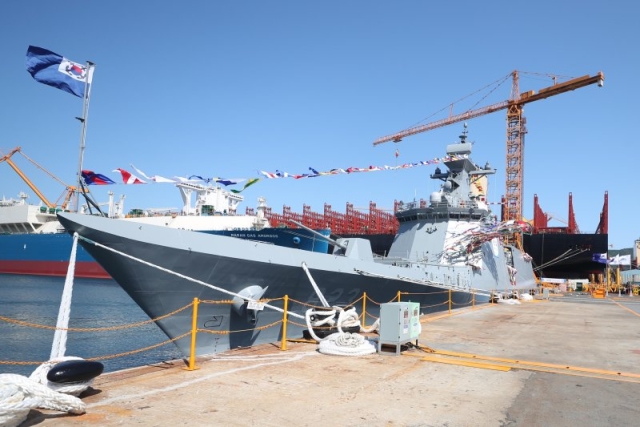NATO-EU Collaboration: Model Corridor for Troop Deployments Planned for Military Mobility
A cross-border model corridor is being established to expedite military traffic from west to east, enhancing troop movements

In a joint effort between NATO and the European Union, Germany, the Netherlands, and Poland are establishing a cross-border model corridor for military traffic from west to east, aiming to expedite troop movements.
This initiative follows a symposium on Military Mobility organized by the Belgian Presidency, the Council, and the European Defense Agency (EDA).
Germany, positioned at the heart of Europe, is a central player in this project, serving as the logistical hub for partner forces' marching movements. The Bundeswehr supports allied troop movements and coordinates the Permanent Structured Cooperation (PESCO) Logistic Hubs project, building a European logistics network.
In addition to PESCO, Germany actively participates in the Military Mobility Project under PESCO, focusing on simplifying, standardizing, and accelerating Europe-wide procedures for troop movements.
Germany, the Netherlands, and Poland have signed a declaration of intent to establish the first "model corridor" for troop deployments in Europe. This corridor will facilitate the efficient movement of troops, materials, and supplies from deep-sea ports on the North Sea to NATO's eastern flank.
Parliamentary State Secretary Siemtje Möller of Germany, Dutch counterpart Kajsa Ollongren, and Polish Defense Minister Władysław Kosiniak-Kamysz signed the declaration during the EU defense ministers' meeting in Brussels. The NATO Support Command JSEC in Ulm will coordinate the corridor's design, managing all NATO troop movements in the European alliance area.
The project is expected to set a precedent for additional corridors, contributing to rapid troop deployments, deterrence, and the protection of NATO territory. It emphasizes the strategic importance of military mobility, particularly for Germany as a central transit nation.
As the project progresses, attention will be given to accelerating procedures, implementing secure information exchange systems, and providing logistical support for allied forces passing through Germany. The ultimate goal is to create a "Military Schengen," fostering free and efficient movement of troops, analogous to the Schengen area for European citizens.









